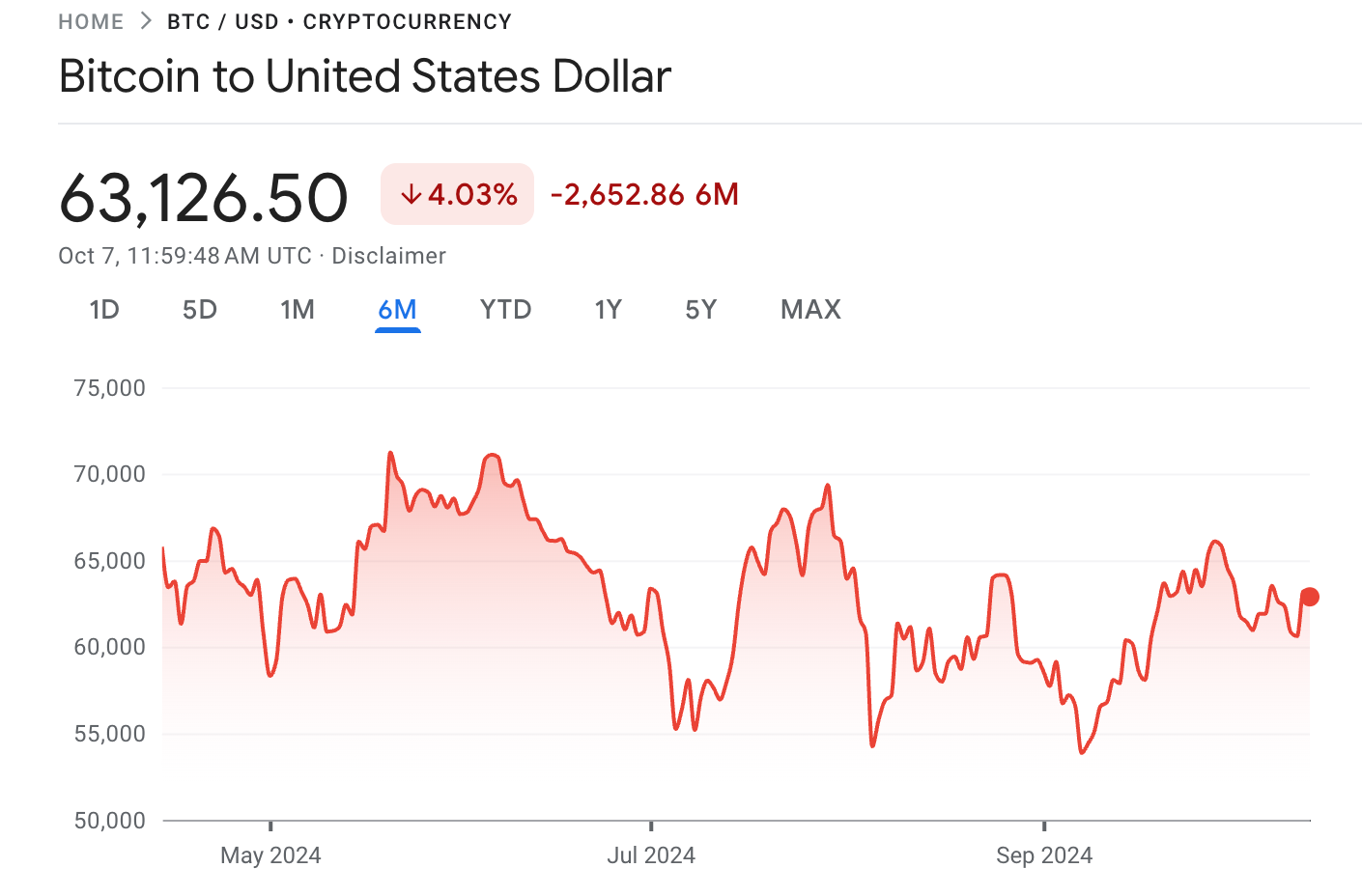Table of Contents
Nearly half of traditional hedge funds are now dabbling in cryptocurrencies, according to a new report from the Alternative Investment Management Association and PWC.
The Global Crypto Hedge Fund Report shows that 47% of hedge funds will have exposure to digital assets in 2024, a significant increase from 29% last year.
This growth is attributed to increased regulatory clarity and the launch of exchange-traded funds in the US and Asia, which have drawn more investors into the asset class.
Cryptocurrency frequently presents profitable trading possibilities for those who are ready to risk everything because of its wildly fluctuating prices.
The report highlights that hedge funds are shifting their focus from trading crypto tokens in the spot market to more sophisticated strategies.
About 58% are now involved in derivatives trading, up from 38% in 2023. At the same time, spot market activity has dropped to 25%, down from 69% last year.
Hedge funds are already in the crypto plan to maintain or increase their capital allocation by the end of 2024; signalling continued confidence in the market.
While some hedge funds embrace crypto, 76% of those not currently invested are unlikely to change their stance over the next three years.
They cite exclusions from their investment mandates.
Meanwhile, opportunities are also emerging in the digital asset space.
Hedge funds are now acquiring distressed debt, such as the $874 million obligation that bankrupt crypto exchange FTX owed to BlockFi.
Despite the growth in crypto exposure, two-thirds of hedge funds plan to incorporate something other than Bitcoin ETFs into their strategies.
The poll included 100 hedge funds; 42% were invested in more conventional assets, while the remaining 58% were crypto-centric.
The survey was conducted during the June quarter, not long after Bitcoin's March all-time high. Bitcoin is now about 18% lower than that record.












